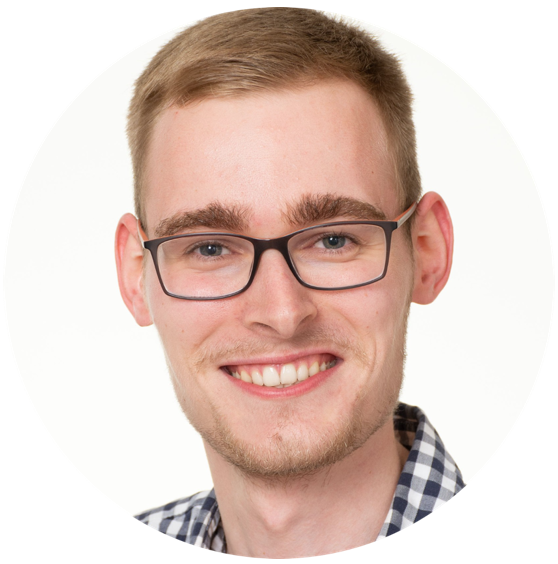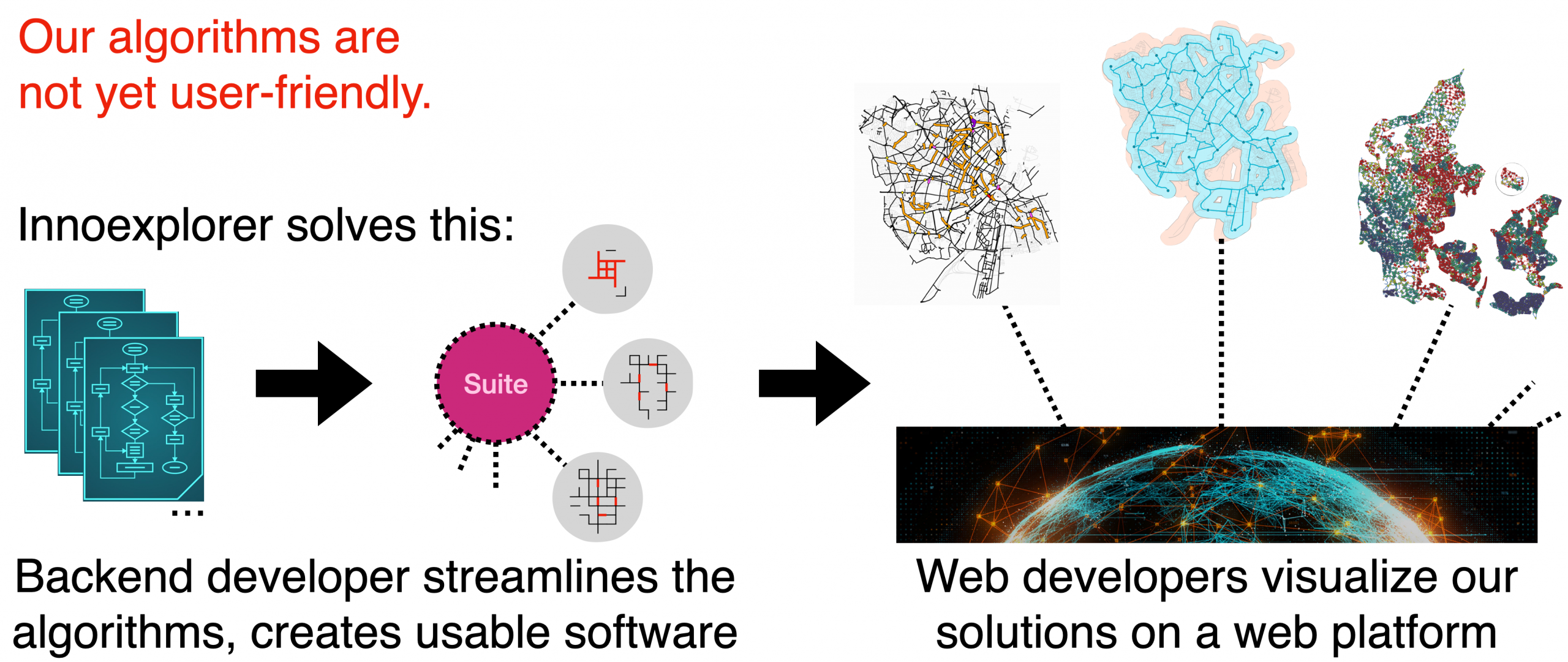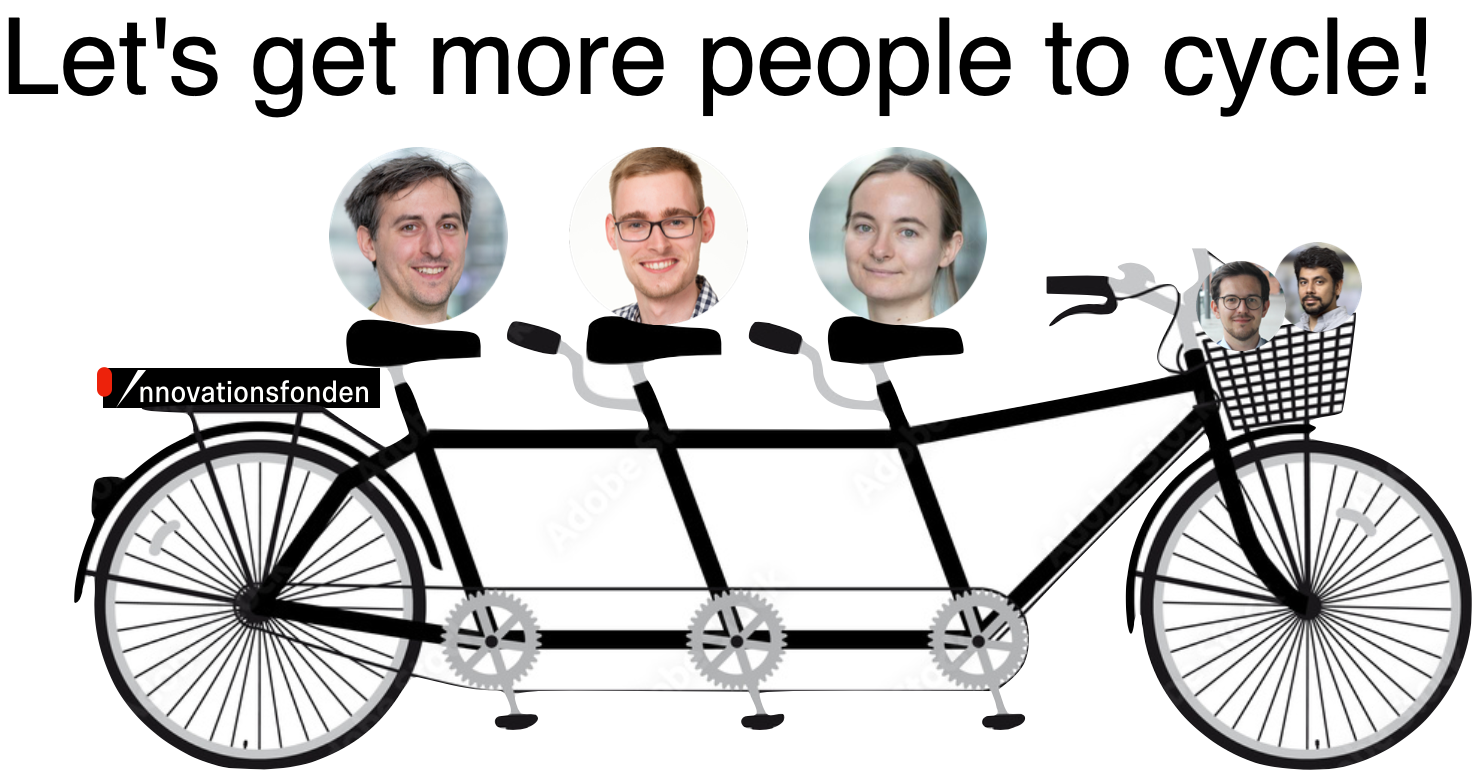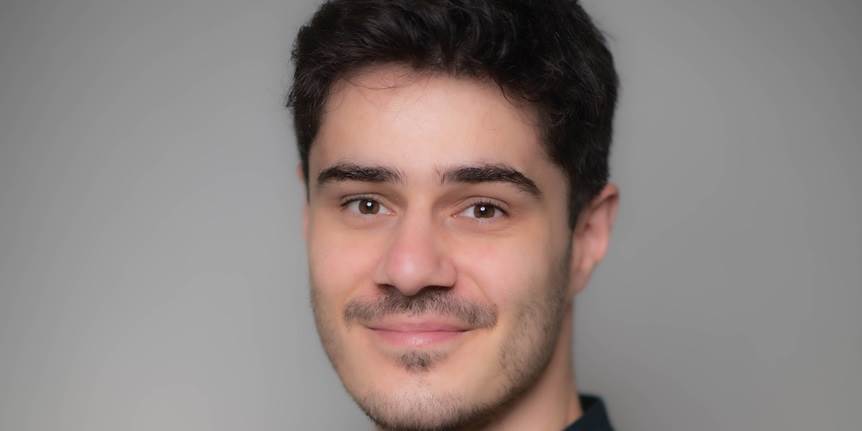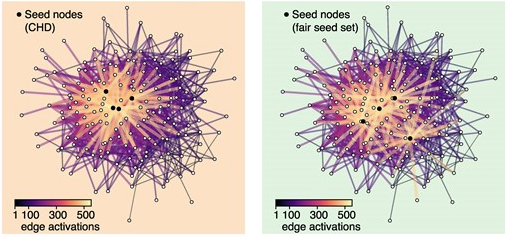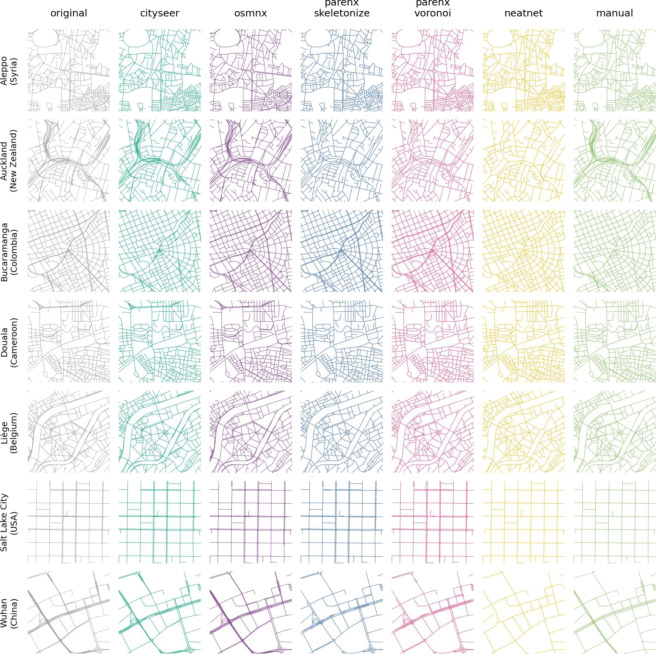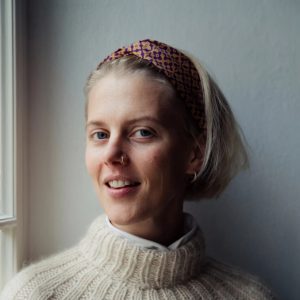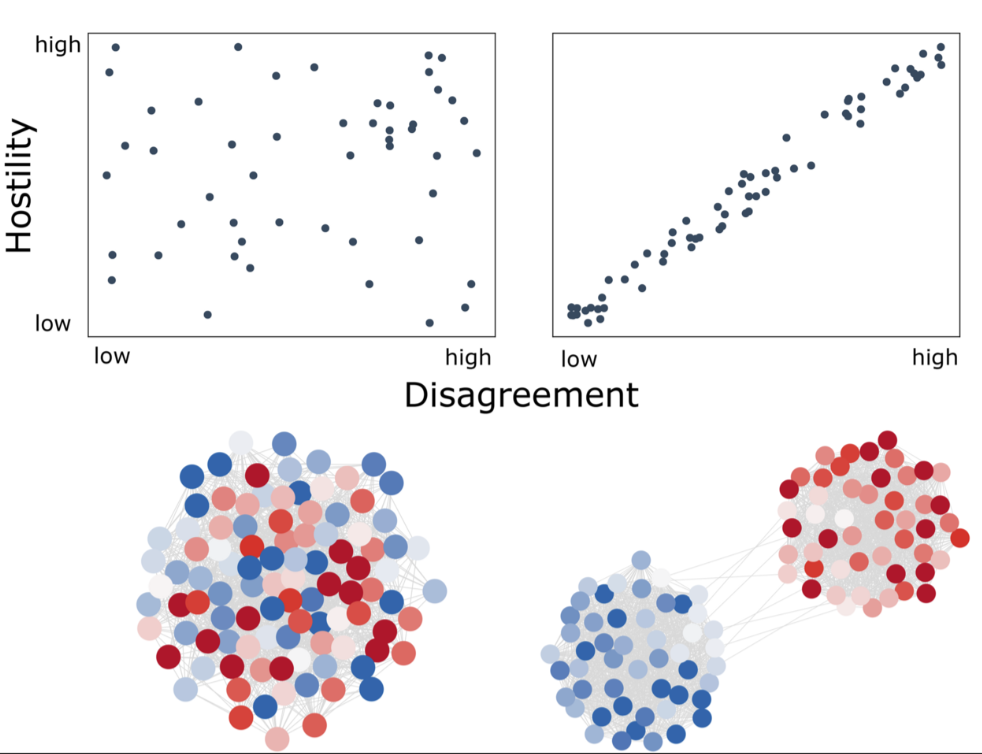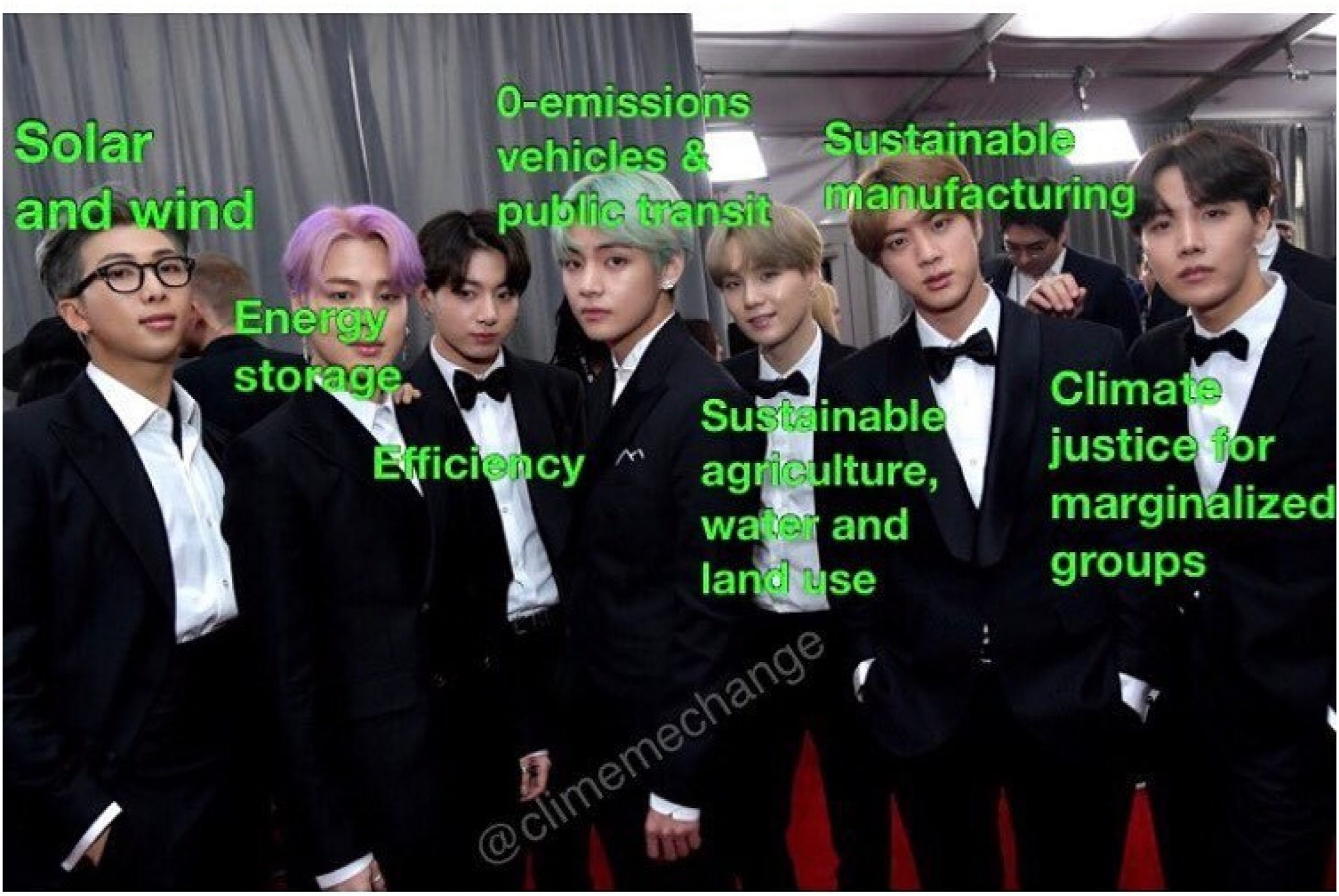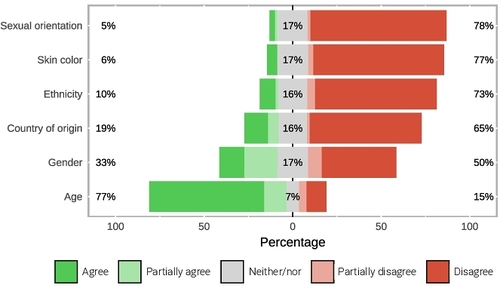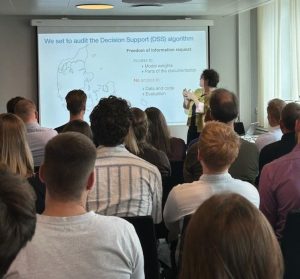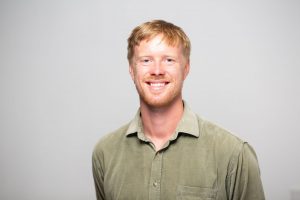Happy new year! 🎉
We have two cosmetic updates to announce, part of a broader move for an improved identity and strategy.
First, we shall hencefort be called Networks, Data, and Society (NERDS) instead of the old NEtwoRks, Data, and Society (NERDS). It is a tiny simplification at Hamming-distance 2 🤓 that eases writing our group name. AlSo LoOkS mUcH BeTtEr!
Second, we have rearranged group members on our people page into permanent members (PermaNERDS) and long-time members (LongoNERDS). This was done so we could add the following text:
At NERDS we do not have one boss for good reasons. Instead, leadership is distributed among all permanent members, in exchange with non-permanent members. We have one rotating group representative / contact person, marked below with a star *.
This shared leadership has always been the case at NERDS, so nothing has changed. It was just not clear previously from the website and could have lead to confusion because most other research groups in academia follow the classical one-PI-on-top-all-the-rest-below model. Internationally, given our size, structure, and impact, it would be more appropriate to call NERDS a research “center”, “institute”, or “collective”, but for historical reasons at ITU we are considered a “group”.
These updates are the outcome of a recent NERDS faculty meeting, where we also set out to implement more social/teambuilding events to strengthen even more our already high commitment to wellbeing, and to improve steering processes towards clarifying our long-term strategies and visions.
Finally, as ITU is in the process of finding a new webhosting solution for research group web pages, we might see bigger, but probably also just stylistic, updates to our website later this year.
We wish you a fulfilling 2026! 🖖
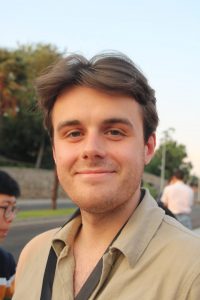 Jacob joins us as a new postdoc, bringing degrees in mathematics and extensive experience with data‑driven modeling of epidemics.
Jacob joins us as a new postdoc, bringing degrees in mathematics and extensive experience with data‑driven modeling of epidemics. Jacob joins us as a new postdoc, bringing degrees in mathematics and extensive experience with data‑driven modeling of epidemics.
Jacob joins us as a new postdoc, bringing degrees in mathematics and extensive experience with data‑driven modeling of epidemics.
